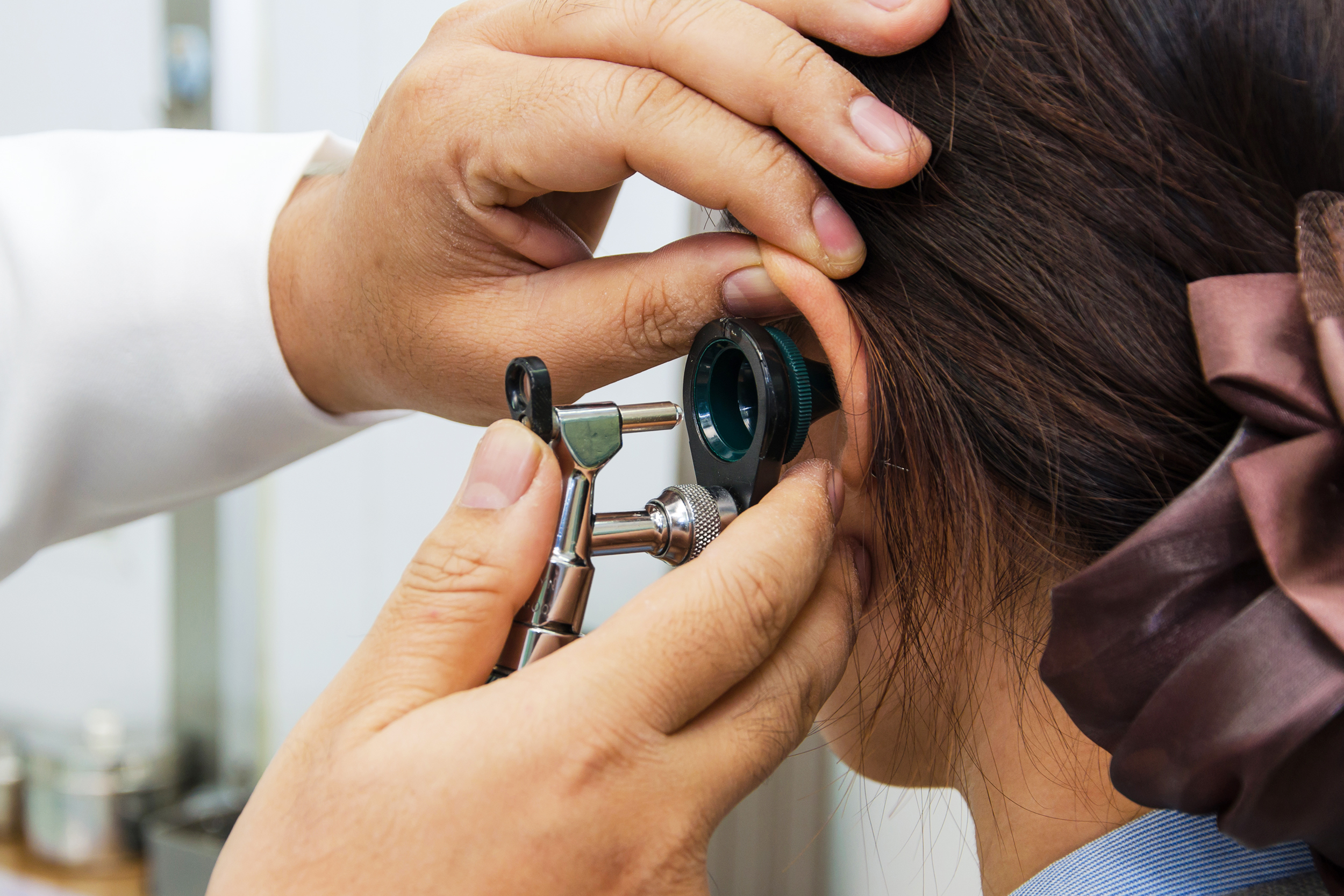When most people think of surgical procedures, they likely imagine something happening in a hospital setting. However, there are many types of surgeries that can be performed in an outpatient setting, including those performed by ENT specialists. In this blog post, we’ll explore some of the different types of surgical procedures commonly performed by ENT specialists. We’ll also touch on what you can expect during and after surgery, as well as some potential risks involved. Whether you’re considering surgery for yourself or a loved one, we hope this information will provide some helpful insights. Thanks for reading!
The different types of surgical procedures that ENT specialists can perform
ENT Singapore specialists provide a vast range of surgical procedures for people suffering from a range of conditions related to the ears, nose and throat. These include simple procedures such as tonsillectomies and septoplasty, as well as more complex operations such as inserting ear tubes or reconstructing the jawBone. ENT specialists also work on repairing damaged vocal cords, removing tumours or cysts in the sinuses, and specializing in managing sleep apnea with adenoid removal or airflow obstruction correction. Furthermore, they provide emergency services for facial trauma repairs, punctured eardrums and assessments of head injuries. This is all part of ENT Singapore specialists’ commitment to provide comprehensive medical care to ensure maximum comfort and health to their patients.

Why you might need to see an ENT specialist
Ear, nose, and throat doctors, also called ENTs, are specialists who treat patients with conditions of the ear, nose, throat, head, and neck. ENTs use both medical and surgical treatments to manage their patients’ conditions. Many people see their primary care physician for their ear, nose, and throat problems. However, some people may need to see an ENT specialist. Some reasons why you might need to see an ENT specialist are if you have a hearing problem, balance problem, sinus problem, voice or swallowing problem, or a condition that affects the head or neck.
How to prepare for a surgical procedure
Preparing for a surgical procedure can be an overwhelming experience, but taking the time to do some research and get organized beforehand can make a big difference. Before your procedure, talk to your doctor about any medications, supplements, or vitamins you are taking that may interfere with surgery. Make sure to also ask if there are any special instructions related to eating before your surgery. It’s important to arrive at the hospital on time and well-hydrated – bring a water bottle with you even if it’s not allowed in the operating theater – and wear comfortable clothes. If possible, arrange for transportation to and from the hospital in advance so you don’t have to worry about it later. Lastly, discuss any questions or concerns regarding your procedure with the nurses and doctors present so they can provide reassurance and help put your mind at ease.
What to expect after the surgery is complete
Many people may experience mixed emotions once their surgery is complete. After surgery, they may feel a sense of relief knowing the procedure is over, yet nervous to find out the results. It is important afterwards to rest and give your body time to heal. Doing exercises the doctor recommends to regain strength and mobility can help you speed up the healing process. In addition, following any instructions given by doctors or nurses on aftercare is essential for a successful and full recovery. No matter what kind of surgery it was, rest assured that with a careful and dedicated approach you will be back in action soon!

The recovery process and how long it will take
The recovery process after an injury, illness, or surgery may vary considerably in terms of length and intensity. In some cases the individual may be able to fully resume their normal activities quicker than expected. However, in other cases it will take many weeks or even months to reach this point. The amount of time necessary for full recovery depends on a number of factors, including the severity of the injury or illness, as well as the individual’s overall physical condition, age, and lifestyle habits. The key is to work with medical professionals who can provide guidance and advice related to safe and effective physical activity throughout the entire process. Depending upon the situation, the journey back to full health can take commitment, patience and dedication but with proper care and an individualized treatment plan it is indeed achievable.
Possible complications that could occur after surgery
Surgery is often a necessary, but tedious process. After surgery, many people experience discomfort or disorientation as their body begins to heal. Some may even experience more serious implications like infections, excessive bleeding, organ damage or blood clots. The risk of adverse reactions increases if the person undergoing the surgery is pregnant or has an existing chronic condition. While these complications can sometimes be prevented with careful planning and pre-surgery precautions, if they do occur, it is important to seek medical help immediately in order to minimize any additional pain or suffering

